StoriedPlace
StoriedPlace Case Studies
Browse case studies of projects, stories and creative practitioners. These case studies illustrate challenges and opportunities of storytelling and help answer questions in this toolkit.
Image Credit: Alona Roitershtein
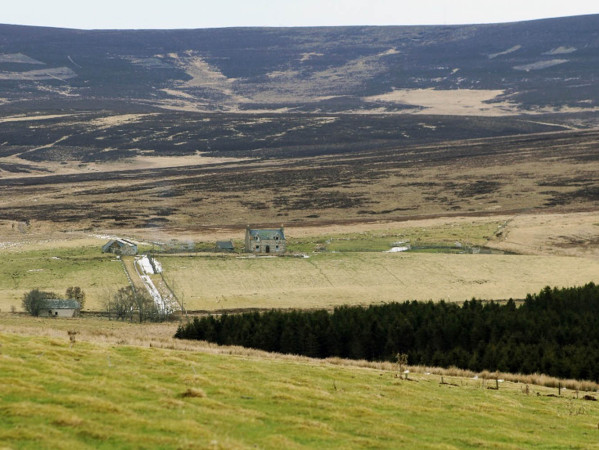
Stories come from people, places, landscapes, objects, and from a multitude of other sources. At their best, stories create a relationship between teller, audience, subject, time and place.
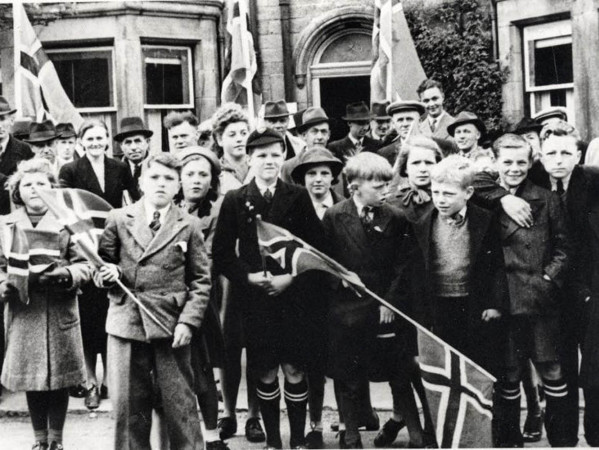
Little Norway project set out to explore the stories of the Norwegian and Danish communities in Buckie and present the stories in an authentic, sensitive, and respectful fashion.
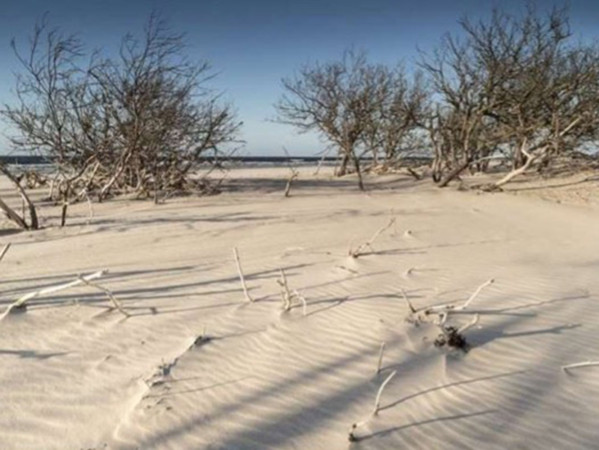
The stories of Culbin exist in many forms. There are environmental, maritime, and coastal aspects as well as the history, heritage, and legends.
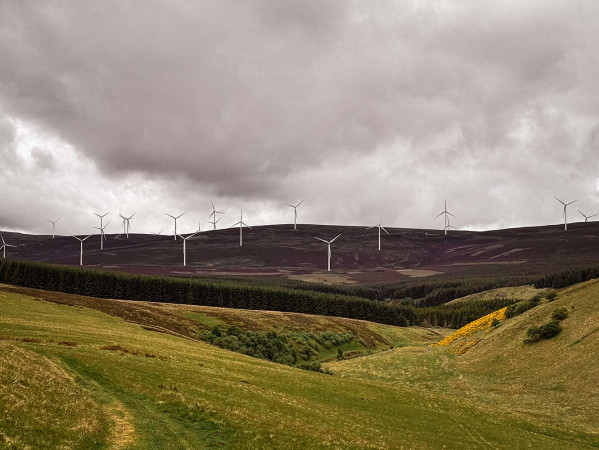
Storytelling experts gather oral histories on the lives of the people, embedded in the narrative of malt whisky distilling in the Cabrach, through traditional historic ethnographic approach, exploring the landscape and speaking with locals.
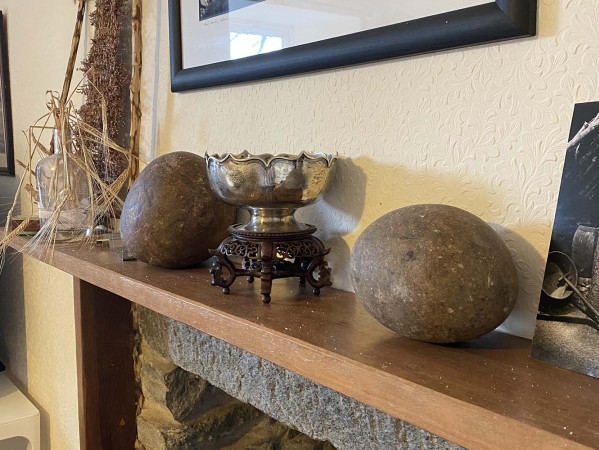
The project aimed to collect tales of legends and folklore from across the North-East of Scotland and to explore their role in our contemporary world.
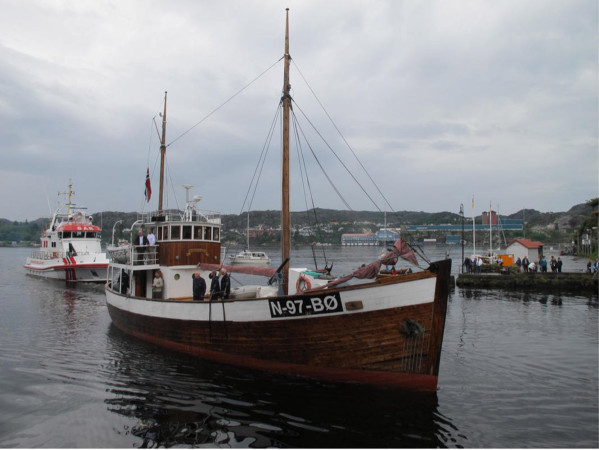
One single word from the Little Norway project can serve to highlight the importance of getting language absolutely right, and illustrates voice beyond simply translations.
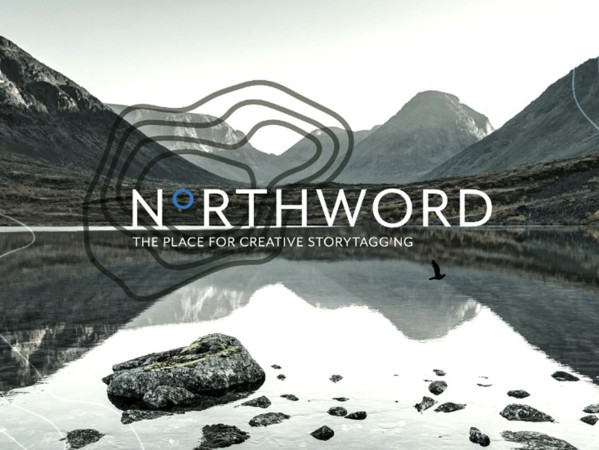
Storytagging and the challenge of sharing stories from multiple regions, languages and dialects in one digital platform, in an accessible way that was sensitive to local communities.
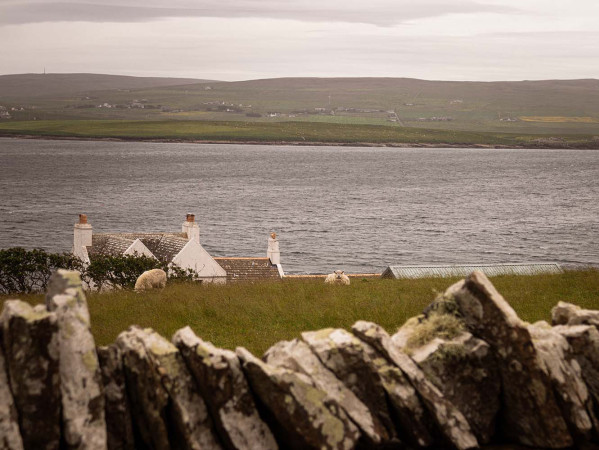
My Orkney Story project explored the sustainability of digital storytelling platforms, as a key challenge in storytelling projects.
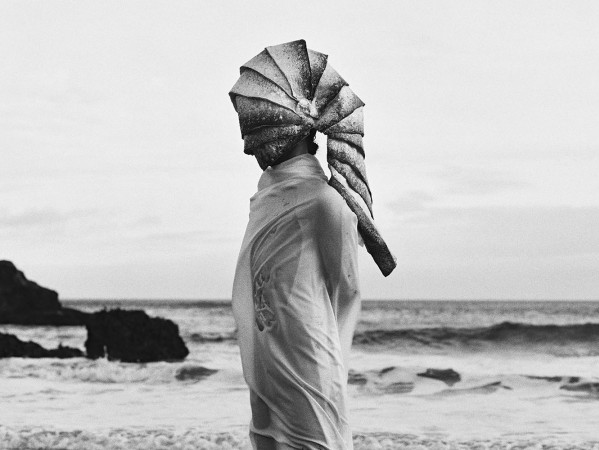
A photographer and mask maker, Danielle Macleod works in medium format film, taking inspiration from traditional Hebridean culture, local landscapes and stories.
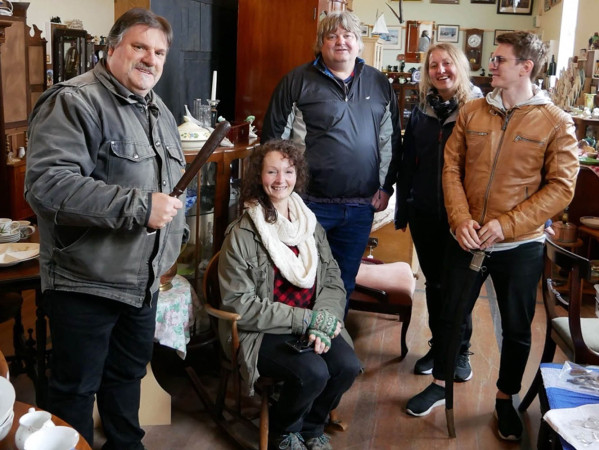
Orkney Folklore Trail is a free digital app trail of folklore in mainland Orkney, to encourage visitors to venture beyond the usual tourist routes to explore Orkney’s rick folklore heritage.
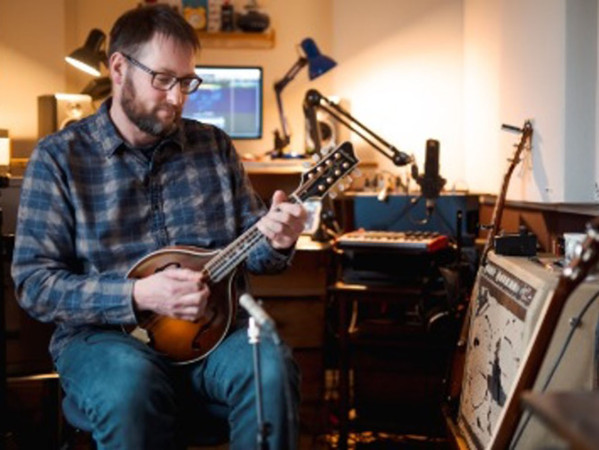
Using contemporary story of renewable energy for composing musical pieces, Brian considers the context of Orkney Islands and its communities, where renewable energy plays a key role in people’s sense of place.
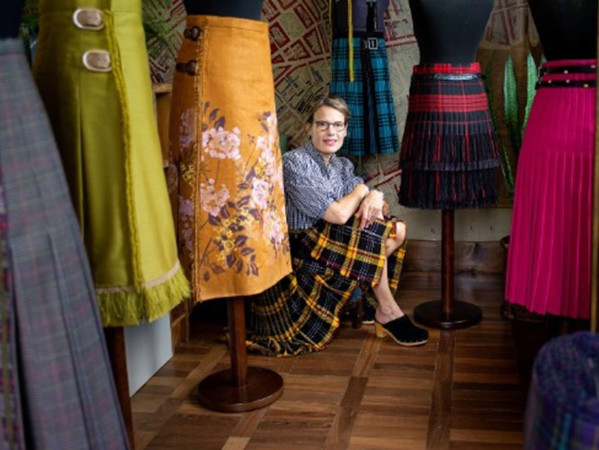
Designer and kiltmaker Andrea Chappell creates a garment that reflects local history, traditions and culture in a contemporary and creative way.
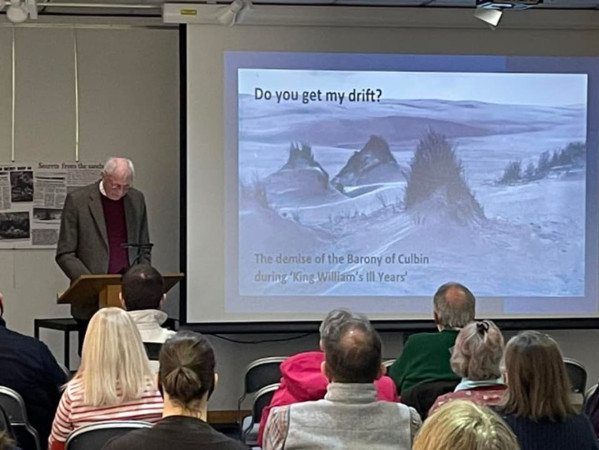
This event is an example of a method to engage wider audience with creative storytelling through informational displays, works of art and other creative ways, tailored to the variety of audiences.
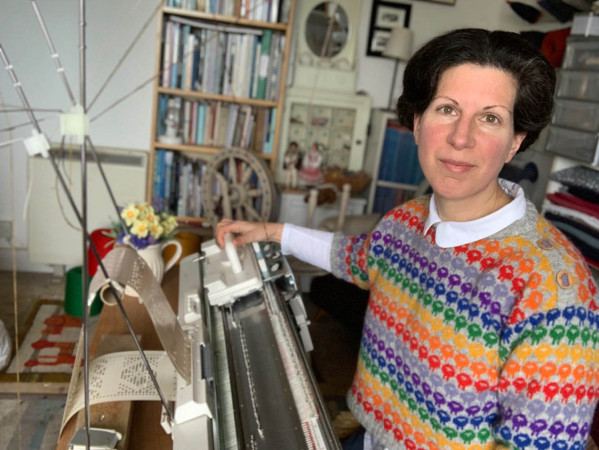
Knitwork artist Rachel Challoner brings together traditional Fair Isle knitting with industrial heritage of Brora Coalfield, developing new skills and techniques to expand her work.
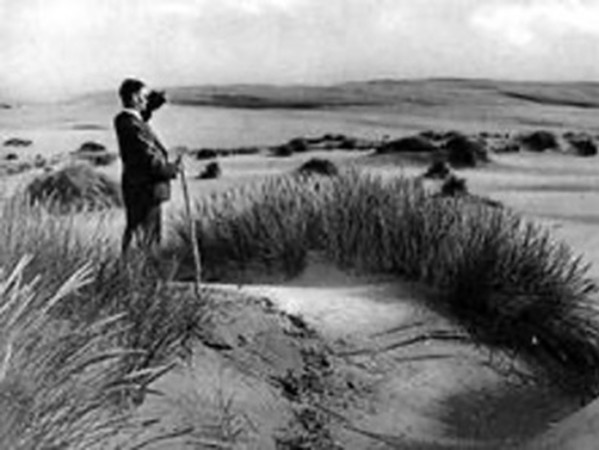
‘Culbin: the disappeared village’ event aimed to raise awareness of local histories and make long-term impact on cultural and heritage preservation work in Scotland.
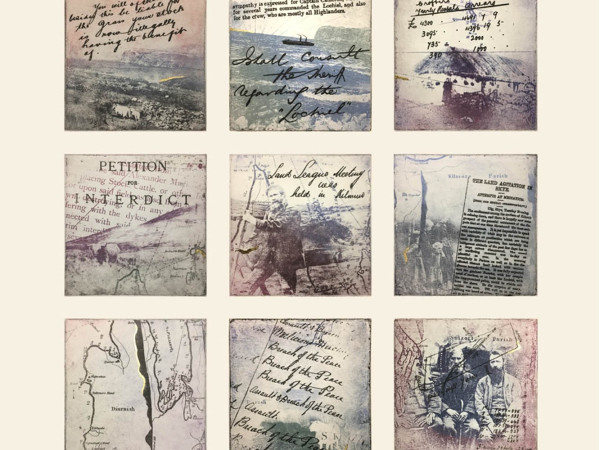
Designer and printmaker Lorraine Tolmie creates a story of the Highland Clearances, incorporating archival materials, photography and lived experience of the landscape in her work.
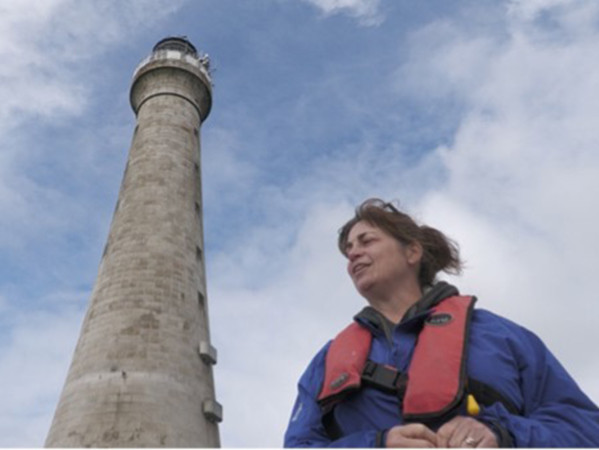
An award-winning musician and singer Mary Ann Kennedy and her husband Nick create a story of A Song for Lighthouse Bill into a piece of biomusic and an accompanying film.

